The Guide to Commercial Snow Removal in Troy & Nearby Cities
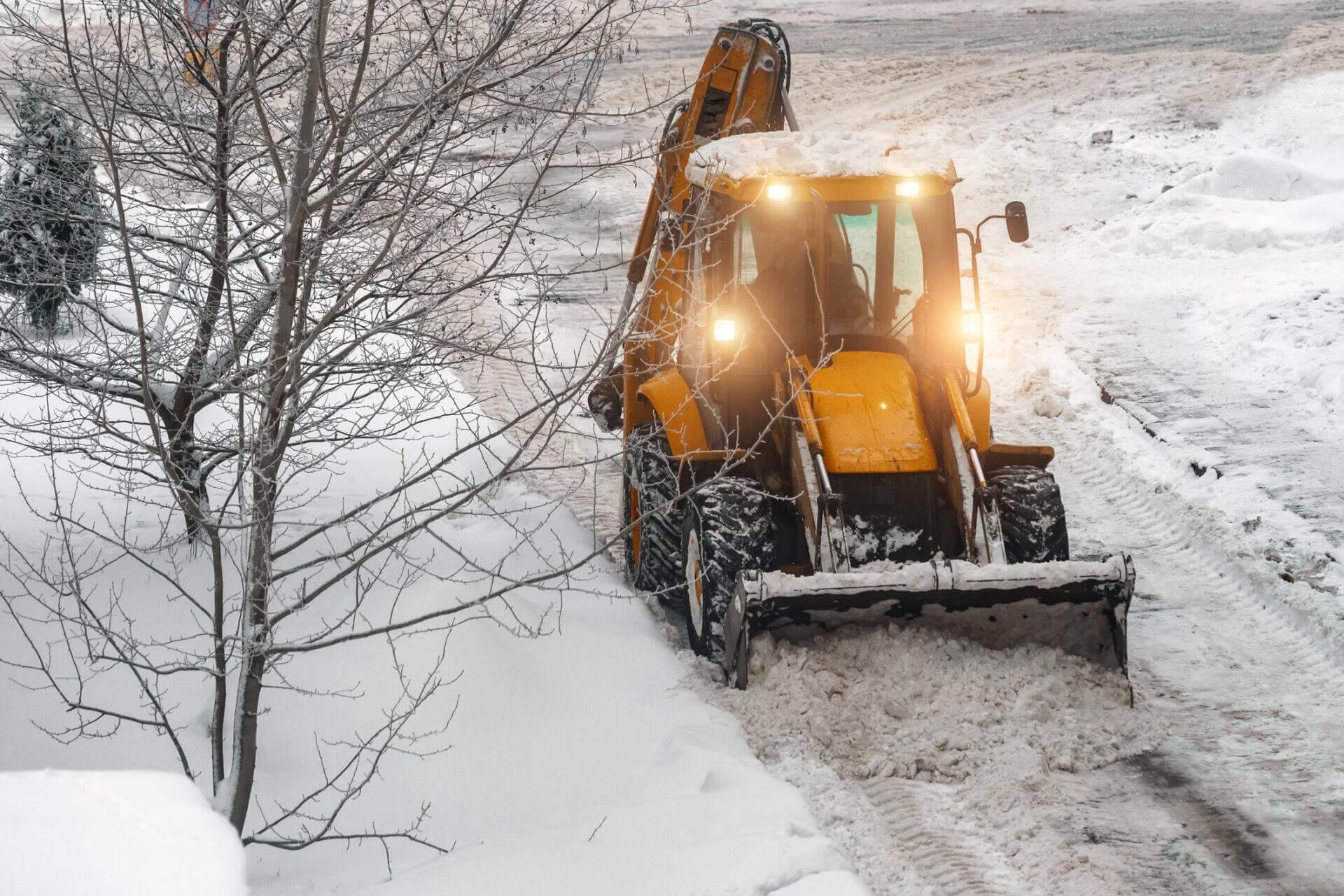
Introduction: Winter in Southeast Michigan
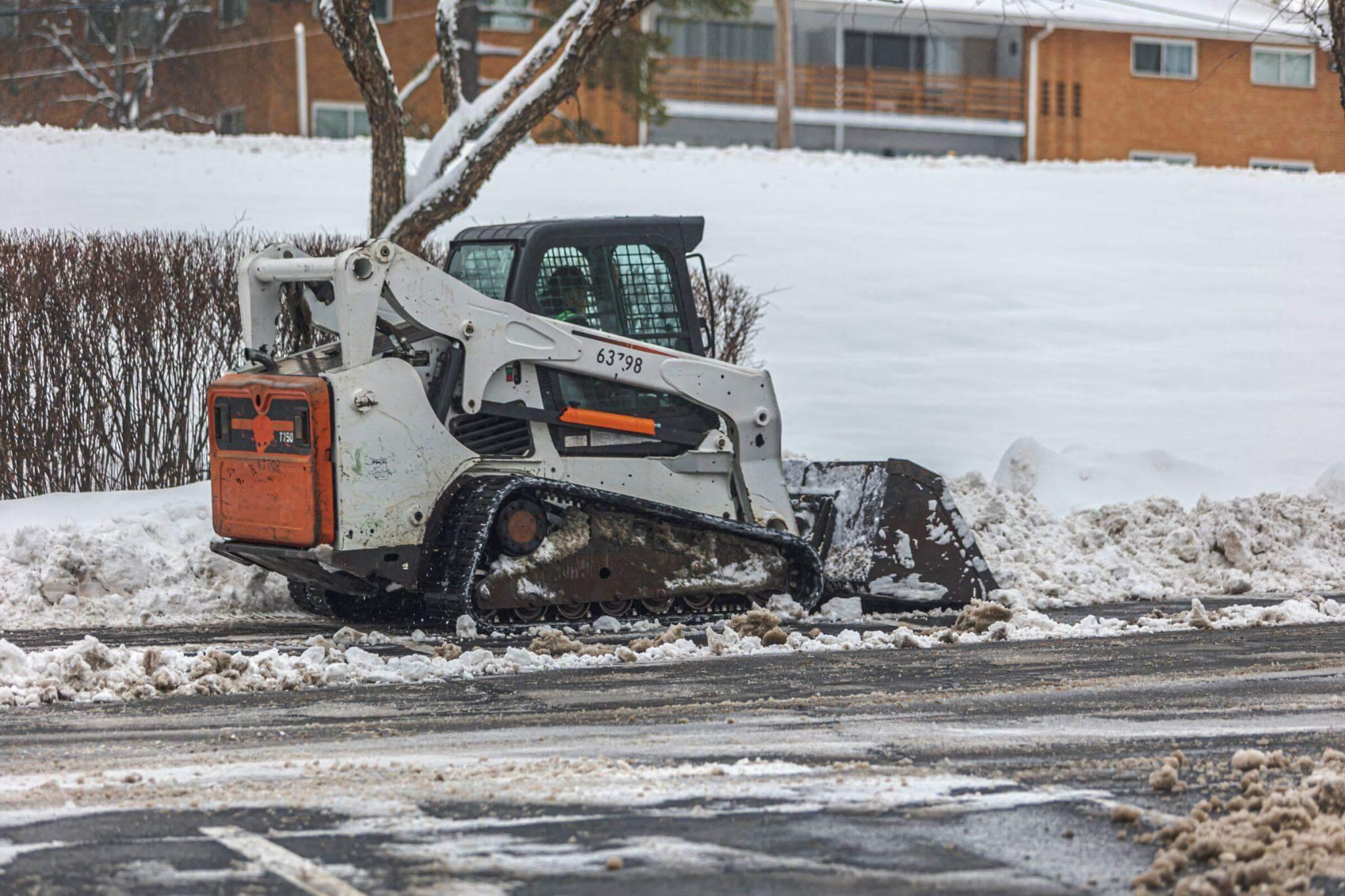
Every winter, Oakland County businesses brace for unpredictable storms. Whether you manage a shopping center in Royal Oak, a healthcare facility in Rochester Hills, or a corporate campus in Troy, snow removal is more than a convenience—it’s an essential part of business continuity.
This blog explores the key aspects of commercial snow removal, why it matters for local businesses, and what property managers in Troy and nearby communities should consider when planning for winter.
Understanding Commercial Snow Removal
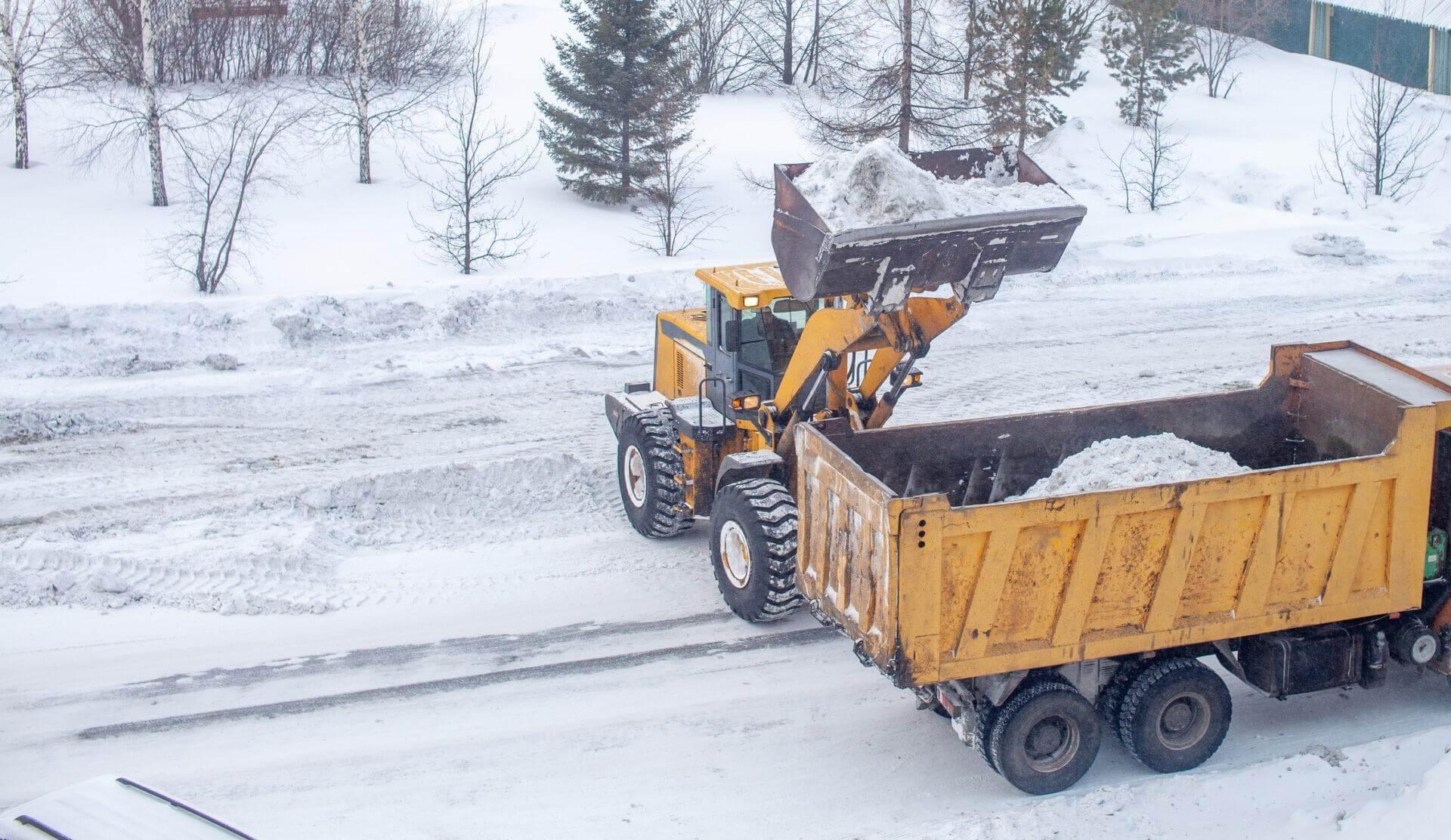
Commercial snow removal refers to the coordinated clearing of snow and ice from business properties such as parking lots, sidewalks, loading zones, and driveways. Unlike residential snow clearing, commercial operations require larger equipment, more manpower, and strict adherence to safety and liability standards.
Core elements typically include:
- Snow plowing and hauling
- Sidewalk and entryway clearing
- Ice management with salt and deicers
- Storm monitoring and rapid response
In high-traffic areas like downtown Birmingham or the industrial corridors of Madison Heights, these services directly influence safety, customer experience, and operational reliability.
Unique Property Considerations
Commercial snow removal isn’t the same everywhere. The type of property you manage shapes the strategy:
- Office Parks (Troy): Typically follow a 9-to-5 rhythm. Lots and walkways must be clear before employees arrive in the morning, but service may not be needed overnight.
- Healthcare Facilities (Rochester Hills): These never close. Crews need to be on call 24/7, keeping ambulance routes, patient entrances, and parking areas safe at all hours.
- Retail Centers (Birmingham, Royal Oak): Require constant attention during business hours. Customers expect safe walkways, crosswalks, and accessible parking throughout the day and evening.
- Industrial Warehouses (Madison Heights): Priority zones include loading docks, trucking lanes, and staging areas. Heavy equipment and snow relocation may be needed to keep freight moving.
Matching Equipment to the Job
Different tools deliver different results:
- Skid steers: Agile and effective for sidewalks or tight lots.
- Plows and loaders: Designed for wide open spaces like large parking lots.
- Salt spreaders: Ensure even, efficient ice control across large areas.
The right equipment prevents delays, reduces costs, and ensures properties are storm-ready. Businesses across Oakland County stay safe and operational no matter the conditions by tailoring both timing and tools to each property type.
Why It’s Different from Residential Snow Removal

Businesses face unique challenges that homeowners do not. For example:
- Scale: Clearing a 200-car parking lot in Troy requires entirely different equipment than a residential driveway.
- Timing: Commercial properties often need to be clear before opening hours to avoid revenue loss.
- Liability: Slip-and-fall claims are a major concern for public-facing properties.
- Logistics: Sites like Auburn Hills corporate campuses or Royal Oak entertainment districts often require snow relocation, not just plowing.
The Value of Modern Innovations
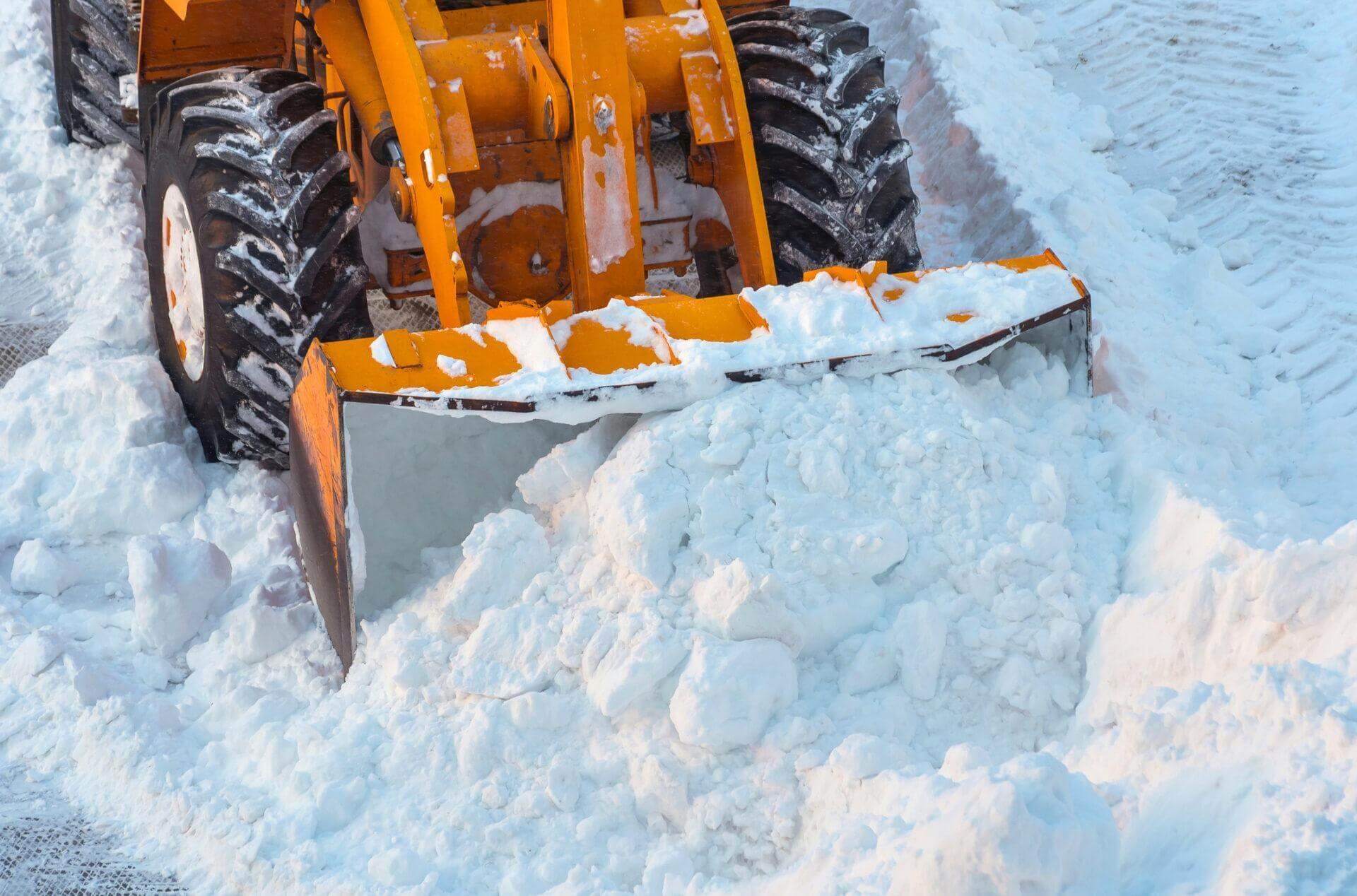
Snow removal has changed dramatically over the past two decades. What once relied mainly on timing and manpower now uses technology, modern equipment, and data-driven decisions to keep businesses safe and operational. For property managers, these innovations translate into fewer disruptions, lower liability risks, and more predictable service.
Advanced Weather Tracking
- Real-time forecasts help crews anticipate storms, not just respond after snow has already fallen.
- Systems track temperature swings and freeze-thaw cycles, which are often more dangerous than snowfall itself.
- Proactive service means parking lots in Troy or Rochester Hills can be treated before ice becomes a hazard.
Modern, High-Quality Equipment
- Plow trucks, skid steers, and loaders are now more efficient, maneuverable, and reliable than older fleets.
- Salt spreaders with calibrated controls ensure even coverage, cutting down on waste while maximizing safety.
- Regular maintenance schedules keep breakdowns from delaying service when timing matters most.
Why It Matters for Businesses
- Reduced downtime: Properties stay open, whether it’s a Royal Oak restaurant or an Auburn Hills office park.
- Lower liability: Quick, precise response limits slip-and-fall risks.
- Better communication: With technology-driven tracking, managers know when service has been performed.
Modern snow removal is about more than clearing pavement. It’s about giving businesses the confidence that their sites will remain accessible, compliant, and safe, even in the harshest Michigan winter storms.
Local Considerations in Oakland County
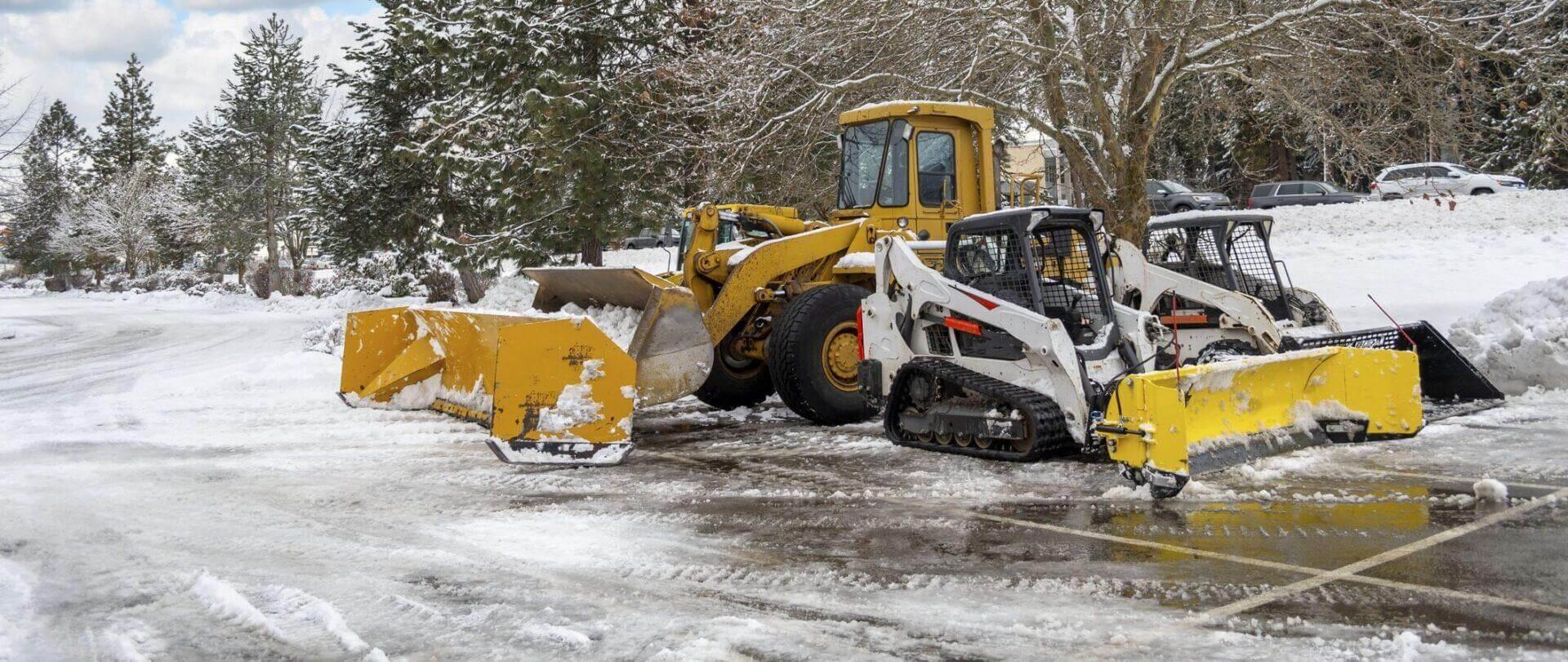
Different communities within the service area present different snow removal demands:
- Troy: Office parks and shopping centers require early-morning clearance for employees and visitors.
- Birmingham: Narrow streets and boutique storefronts mean precision work is key.
- Royal Oak: Nightlife and restaurants demand continuous service even during evening hours.
- Madison Heights: Industrial yards and warehouses prioritize truck access.
- Pontiac: High-traffic intersections and aging infrastructure require vigilant management.
- Auburn Hills: Large automotive campuses and retail complexes depend on extensive plowing and snow hauling.
- Rochester & Rochester Hills: Schools, hospitals, and residential-adjacent businesses need reliable service for public safety.
By understanding local conditions, businesses can choose a snow removal partner who anticipates these needs.
The Role of Weather Monitoring

Commercial snow removal is as much about planning as it is about execution. Storms don’t always start during business hours, and in Michigan, lake-effect weather patterns can change quickly.
Professional providers track real-time forecasts, temperature shifts, and accumulation predictions. For property managers, this means service that begins before customers or staff arrive, reducing risks and keeping operations smooth.
Cost Factors: What Businesses Should Know
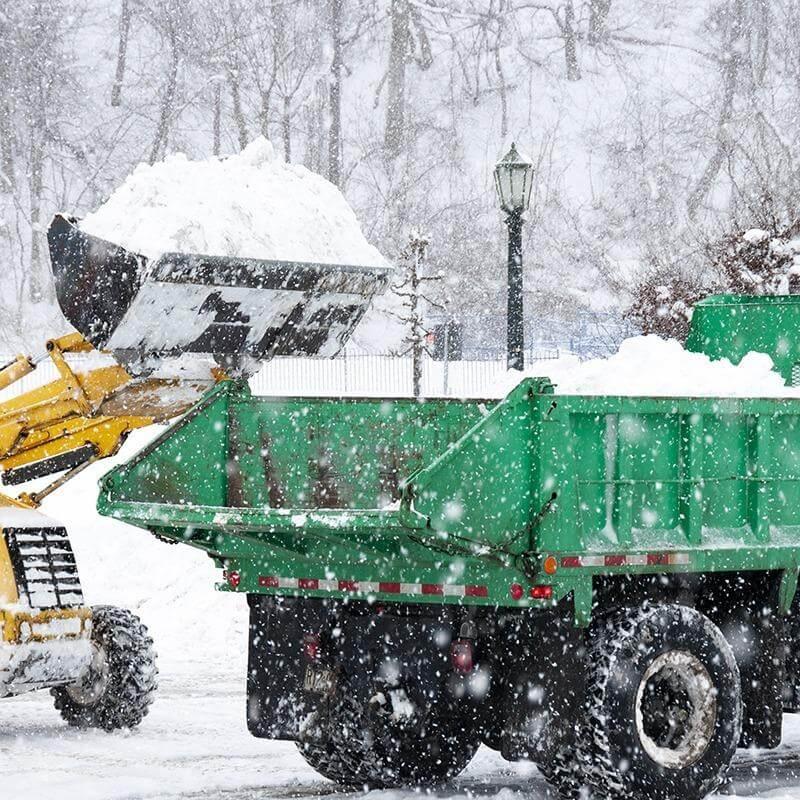
Pricing for commercial snow removal in Troy and surrounding cities depends on several factors:
- Size of the property: Larger lots require more equipment and labor.
- Service frequency: Seasonal contracts often provide better predictability than per-event pricing.
- Snow relocation needs: Hauling snow offsite increases costs but keeps lots functional.
- Timing requirements: 24/7 readiness or overnight service can affect rates.
Budgeting realistically ensures businesses aren’t caught off guard by winter’s demands.
Best Practices for Businesses Preparing for Winter
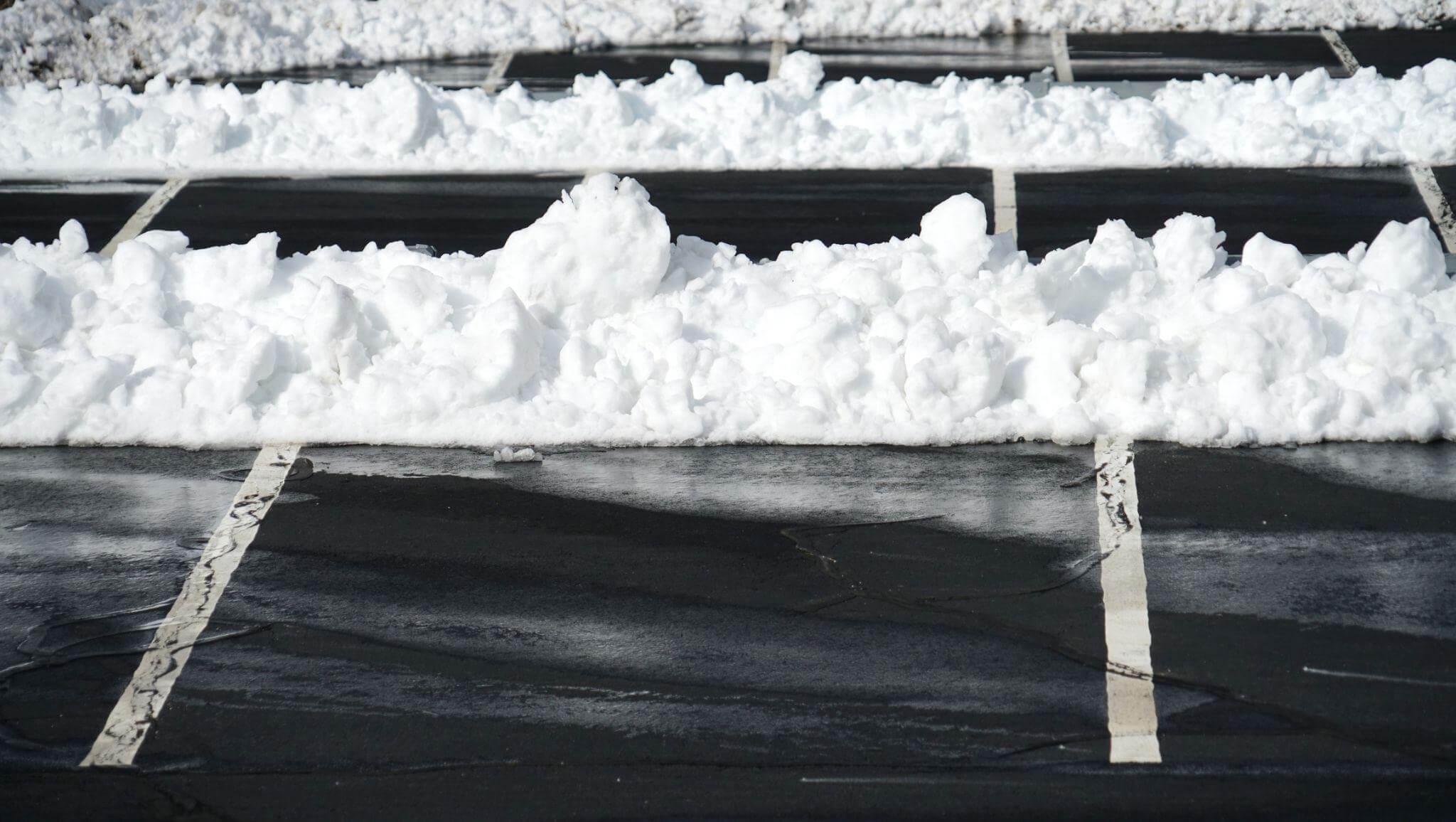
- Secure a contract before the season starts. Waiting until the first storm often means limited availability.
- Walk the property in the fall. Identify hazards, stacking areas, and high-priority zones.
- Clarify service triggers. Decide whether plowing begins at 1 inch, 2 inches, or another threshold.
- Plan for ice management. Salting and deicing are just as important as plowing.
- Communicate with tenants or employees. Keep everyone informed about snow policies.
These steps ensure both safety and operational continuity.
Environmental Considerations
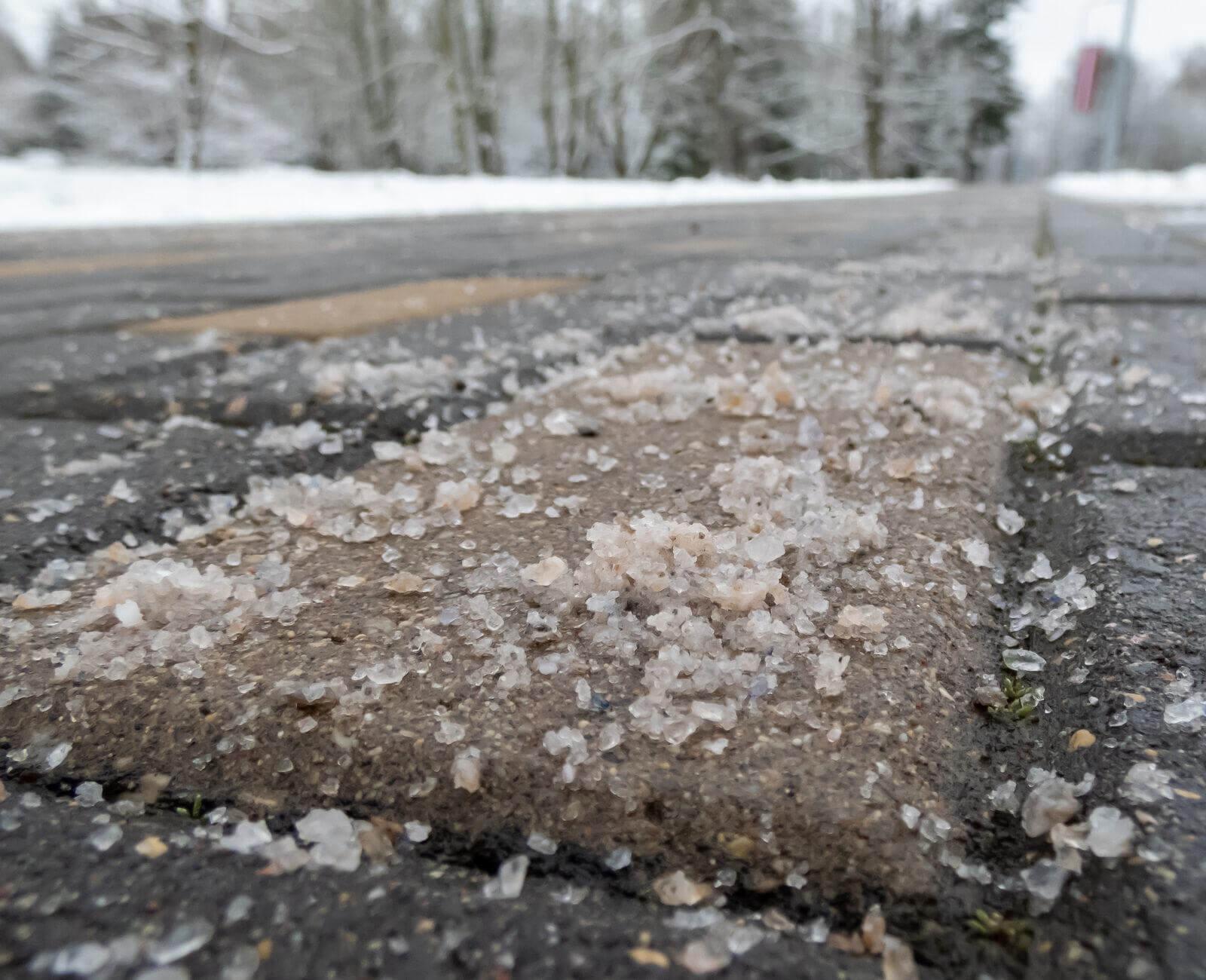
While salt and deicers are effective, they can also impact landscaping, pavement, and local waterways. Businesses in Birmingham or Rochester Hills may prefer environmentally conscious approaches, such as:
- Calibrated salt spreading to reduce waste
- Using sand in non-critical areas
- Investing in permeable pavers that reduce ice buildup
Balancing safety and sustainability is an emerging priority for many property managers.
Frequently Asked Questions
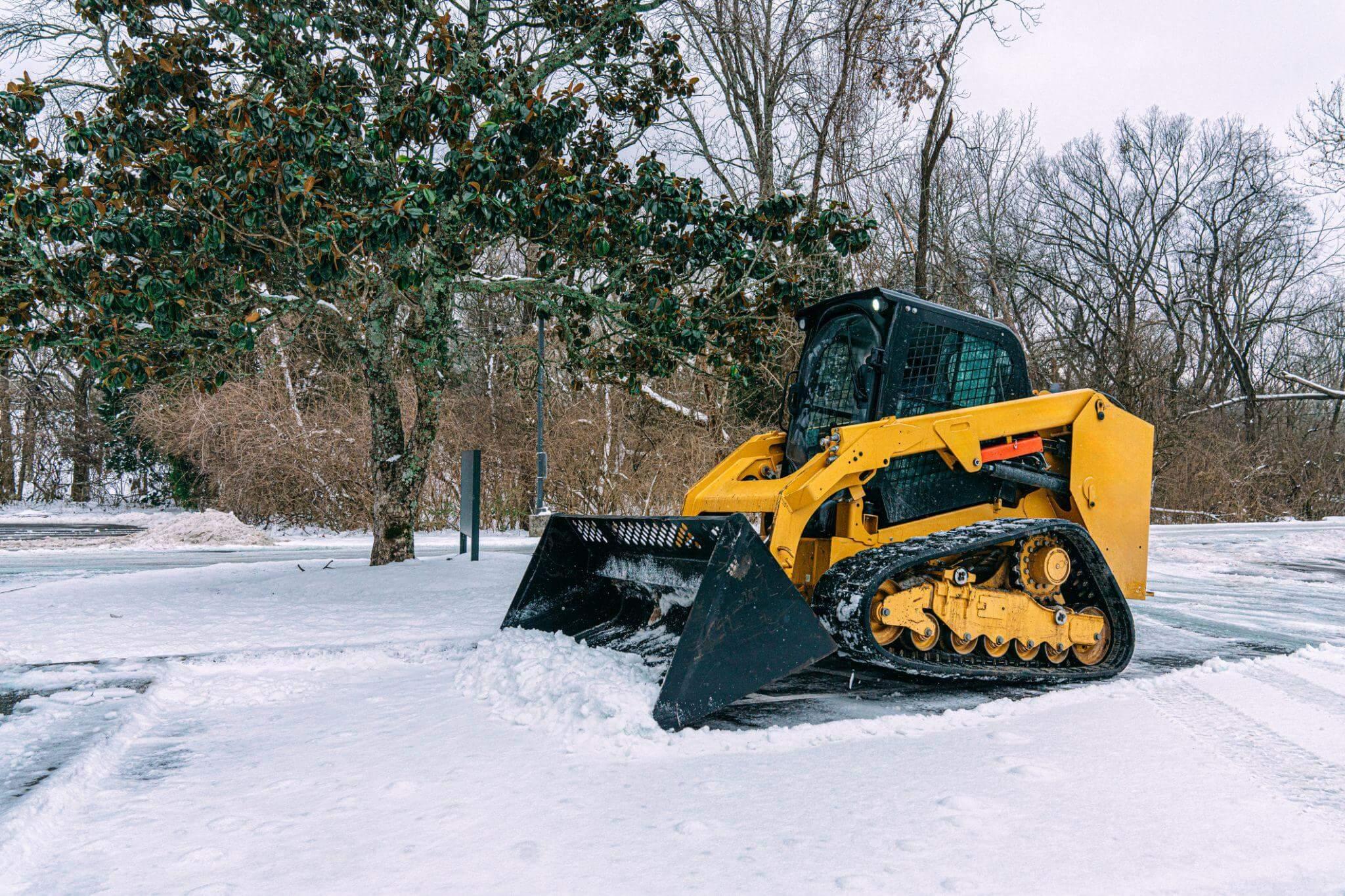
Q: Do I really need a seasonal snow removal contract?
Yes. Michigan winters are unpredictable, and securing a contract guarantees service when storms arrive. On-call providers often prioritize existing clients.
Q: How early should crews arrive at a commercial property?
Ideally, before business hours begin. In Troy and Royal Oak, for example, crews often start clearing lots by 4–5 a.m. to ensure morning operations run smoothly.
Q: What happens if a storm hits during the day?
Commercial crews are equipped to provide service mid-day while businesses remain open, minimizing disruption.
Q: Is snow relocation necessary for every property?
Not always. Properties with large open lots (like those in Auburn Hills) may have stacking space. Smaller urban sites in Birmingham or Royal Oak often require hauling.
Q: How does snow removal affect insurance liability?
Proper documentation of services can reduce exposure to claims, demonstrating that a business took reasonable steps to maintain safety.
Summary
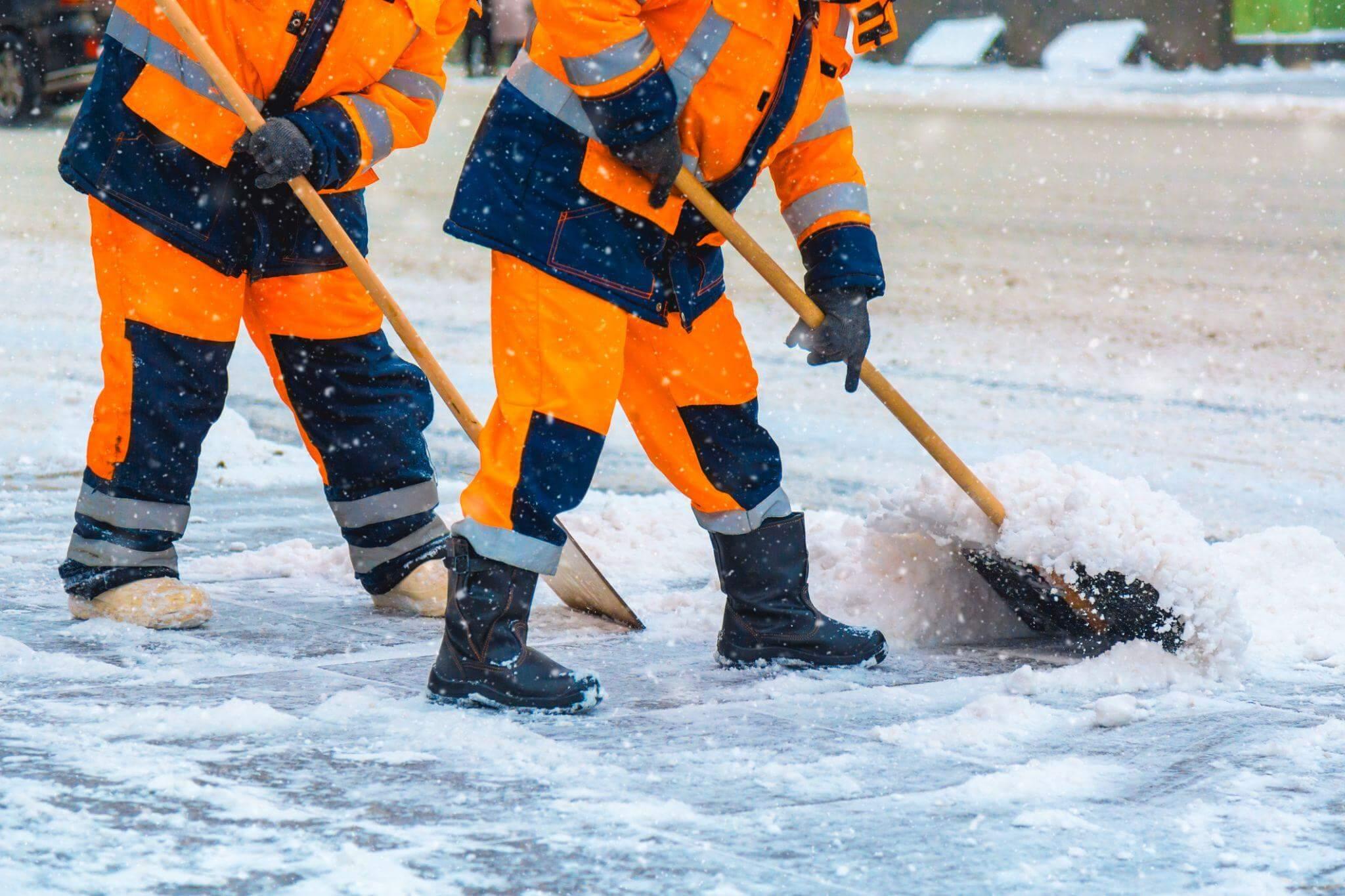
Commercial snow removal in Troy and surrounding Oakland County communities is about far more than clearing snow—it’s about ensuring safety, reducing liability, and keeping businesses running through Michigan’s harshest weather.
By understanding local needs, securing reliable contracts, and planning ahead, property managers can protect both people and operations all winter long.
From the busy retail corridors of Royal Oak to the industrial parks of Madison Heights, effective snow management is what keeps communities moving when the snow starts to fall.
Don’t wait until the first storm hits. Request a quote today and secure dependable snow removal services for your property this season.
Tags:
